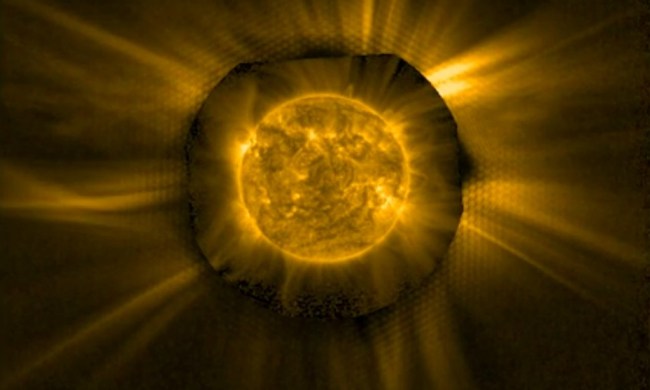Like SpaceX, Virgin Orbit wants to build a business sending small satellites into low-Earth orbit. But the two deployment methods couldn’t be more different.
While SpaceX went with conventional ground-based rocket launches, Virgin Orbit plans to release a rocket in mid-air from a modified Boeing 747. Yes, you read that right.
And in the coming days, the Virgin Galactic spinoff plans to test the entire system for the very first time.
Drumroll please…
We’re very excited to announce that the window for our Launch Demo, @Virgin_Orbit‘s first orbital test flight with LauncherOne, opens this weekend on May 24th. pic.twitter.com/w7dGfmGFYw
— Virgin Orbit (@Virgin_Orbit) May 20, 2020
If conditions permit when the launch window opens on Sunday, May 24, the California-based team will fly its Boeing 747 — named Cosmic Girl — from Mojave Air and Space Port over the Pacific Ocean before releasing its 70-foot long, two-stage LauncherOne orbital rocket from beneath the aircraft’s left wing. The booster will then ignite in mid-air for the first time, sending the rocket to space where it will deploy a dummy payload.
“The instant our Newton Three engine ignites, we will have done something no one has ever done before — lighting an orbital-class, liquid-fueled, horizontally-launched vehicle in flight,” Virgin Orbit said in a message posted on its website.

Virgin Orbit said that the longer LauncherOne flies during the test outing, the more data it will be able to collect to help it refine its system. But the team sounded a cautious note about this weekend’s planned flight, saying, “We’re mindful of the fact that for the governments and companies who have preceded us in developing spaceflight systems, maiden flights have statistically ended in failure about half of the time.”
Virgin Orbit hit the headlines last summer when it successfully tested the ability of its modified aircraft to carry a rocket to an altitude of 35,000 feet before releasing it. There was no plan then to fire the engine, with the rocket coming down in the Mojave Desert as planned.
SpaceX and Virgin Orbit are among a growing number of companies with an eye on the potentially lucrative small-satellite launch market. They include California-based Rocket Lab, whose own in-development system has been gaining attention for the unusual way in which it recovers rockets — by catching them with a helicopter.


